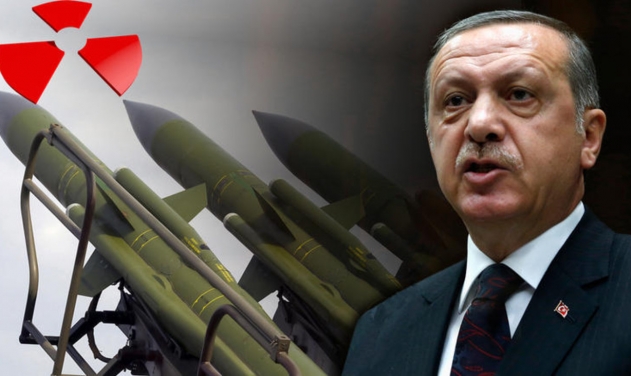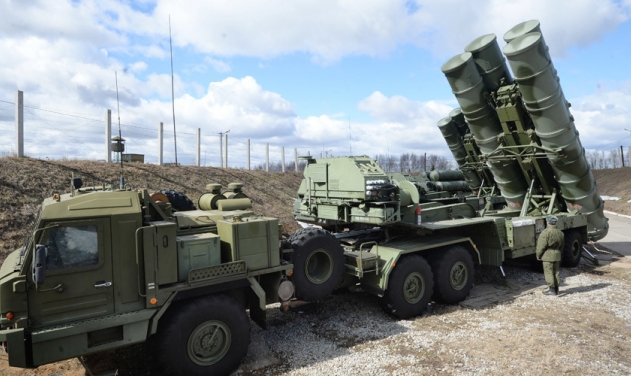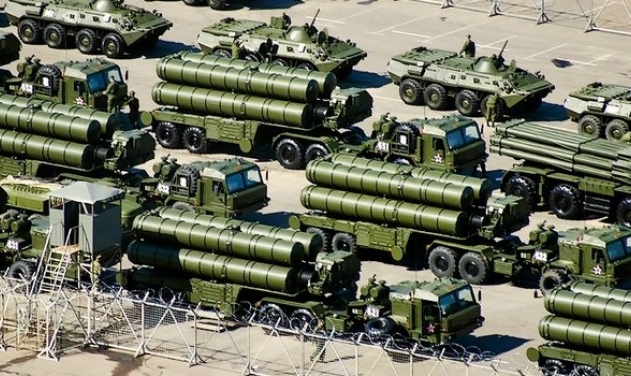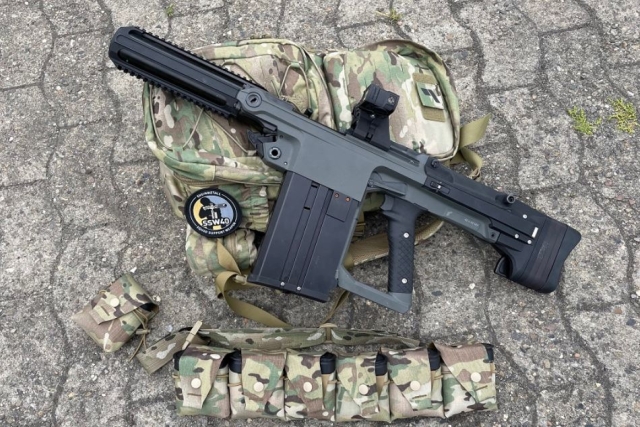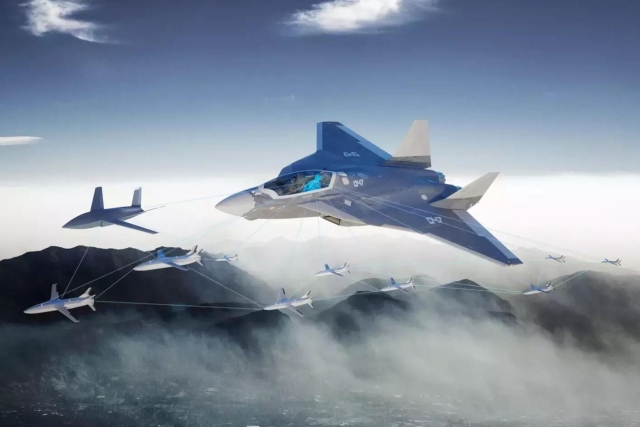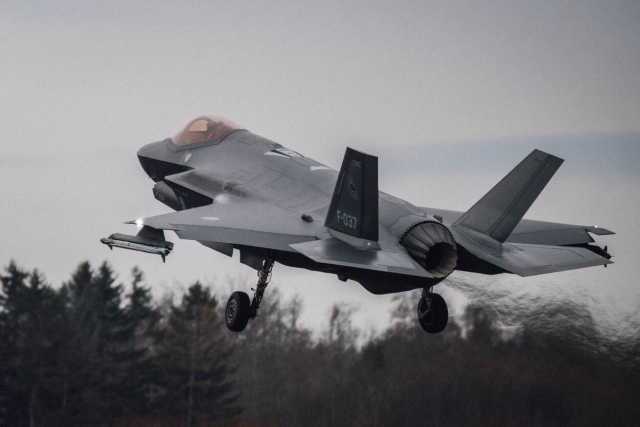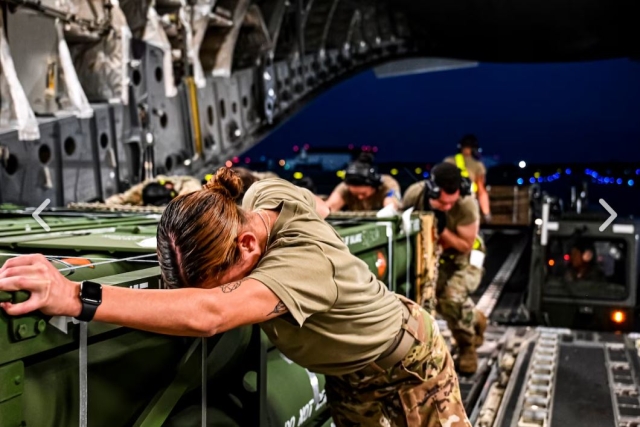S-400 Missile System Likely To Feature In Putin, Erdogan’s Sochi Meeting In May
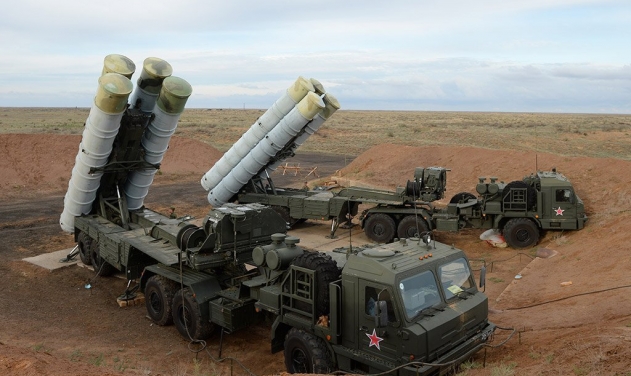
Russian President Vladimir Putin may discuss deliveries of S-400 surface-to-air missile system with Turkish counterpart Tayyip Erdogan during the upcoming meeting in Sochi in May.
It is possible that the issue of S-400 deliveries [to Turkey] may feature during the meeting of both leaders [Putin and Erdogan], Kremlin spokesman Dmitry Peskov was quoted as saying by local media Thursday.
The two leaders are meeting on May 3 in Sochi. "I presume that following negotiations between Erdogan and Putin, a joint decision will be made on forthcoming steps towards the acquisition of the Russian antiaircraft missile systems," Turkish Defense Minister Firki Isik was quoted by Anadolu agency as saying.
Turkey, last month, had sought a loan to buy S-400 missile system from Russia. "Turkey’s officials express a wish to get a loan, but the issue is pending so far. The Ministry of Finance is conducting negotiations – as soon as an agreement is signed and the loan amount is determined, we’ll then sign a supply contract for S-400 and so on," Sergey Chemezov, Rostec Corporation CEO was quoted as saying during an interview with Russia 24 news channel aired on March 14 this year.
Even though there are possibilities of contradictions with NATO that may arise in the case of purchasing S-400 missile systems from Russia, the Turkish president’s spokesman Ibrahim Kalin said that he "does not see in this regard any problems or negative aspects."
"Besides, there are examples when some NATO countries are using these systems.
We know about them. The issue of compatibility is easily solved at the technical level," he was quoted as saying by TASS in February this year.
In 2013 Turkey had attempted buying Chinese T-LORAMIDS air defense system from China Precision Manufacturing Import-Export Corp (CPMIEC) for $3.44 billion.
The Russian bid for the S-300 system was disqualified terming it twice more expensive. Other bidders included consortium of US companies Raytheon and Lockheed Martin, maker of the Patriot system, and the European Eurosam, maker of the SAMP-T.
After its NATO partners strongly objected, Ankara eventually abandoned the Chinese missile system procurement and decided to build on its own air defense system. NATO was against the Chinese buy as it would expose alliance information to China. Turkey had countered the argument with China willing to part with technology transfer and would eventually help Turkey in its home production.
